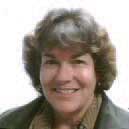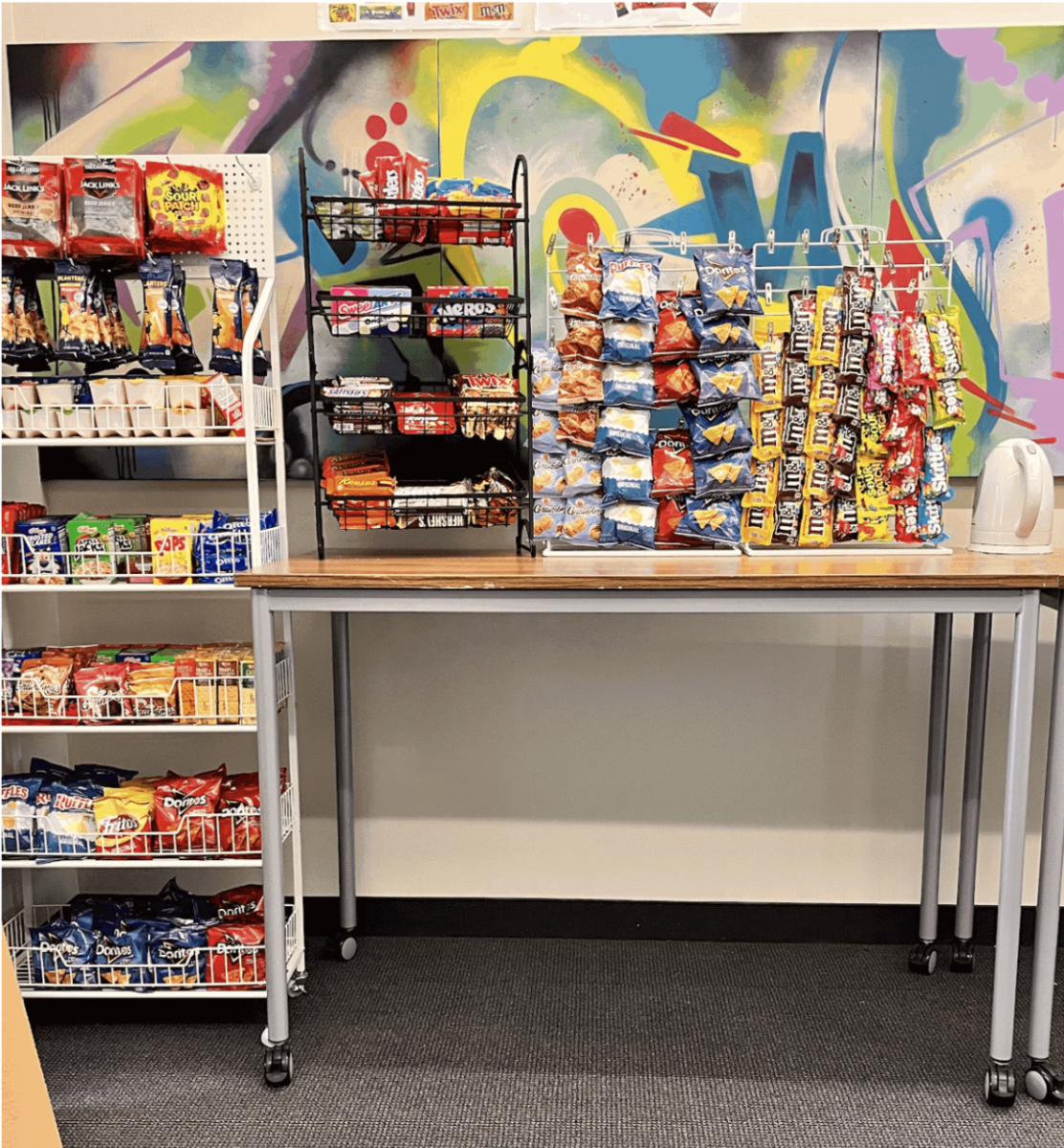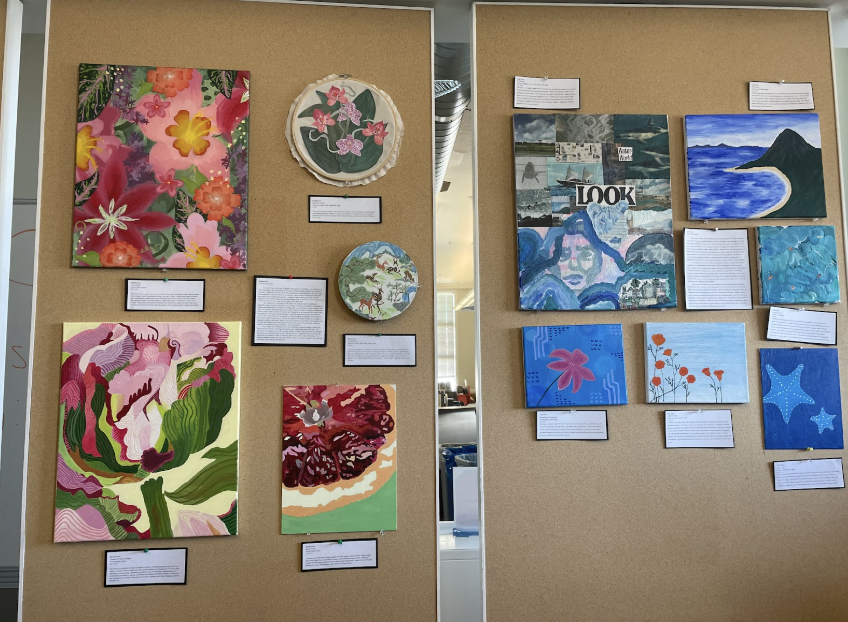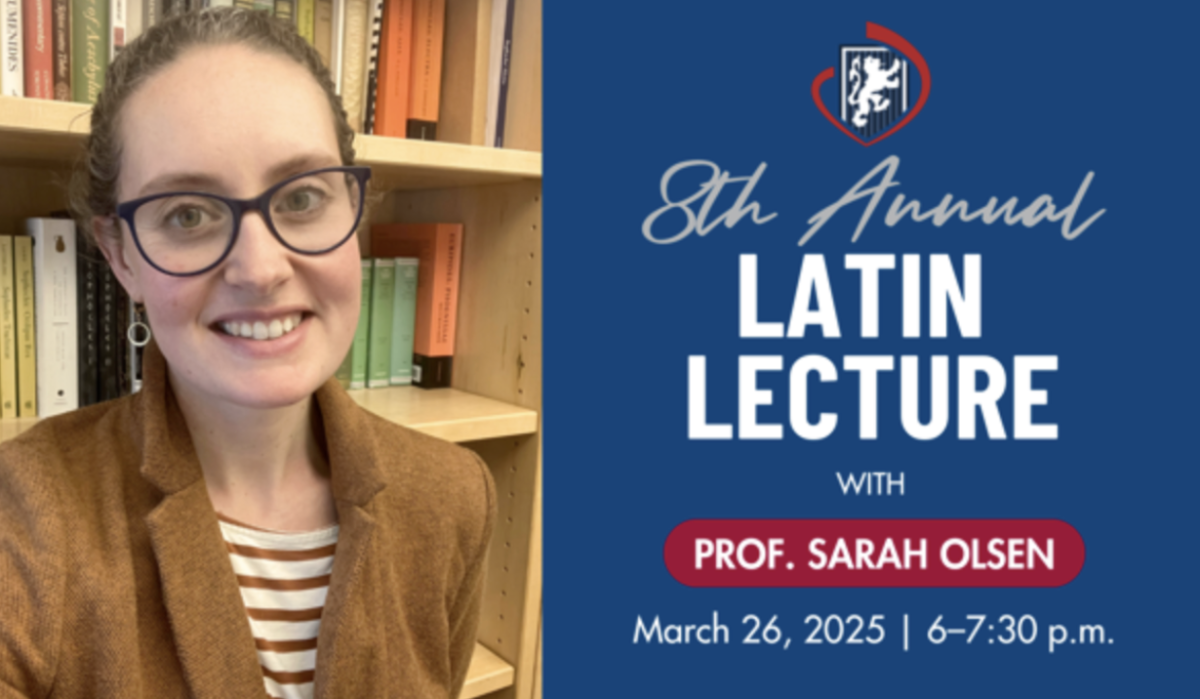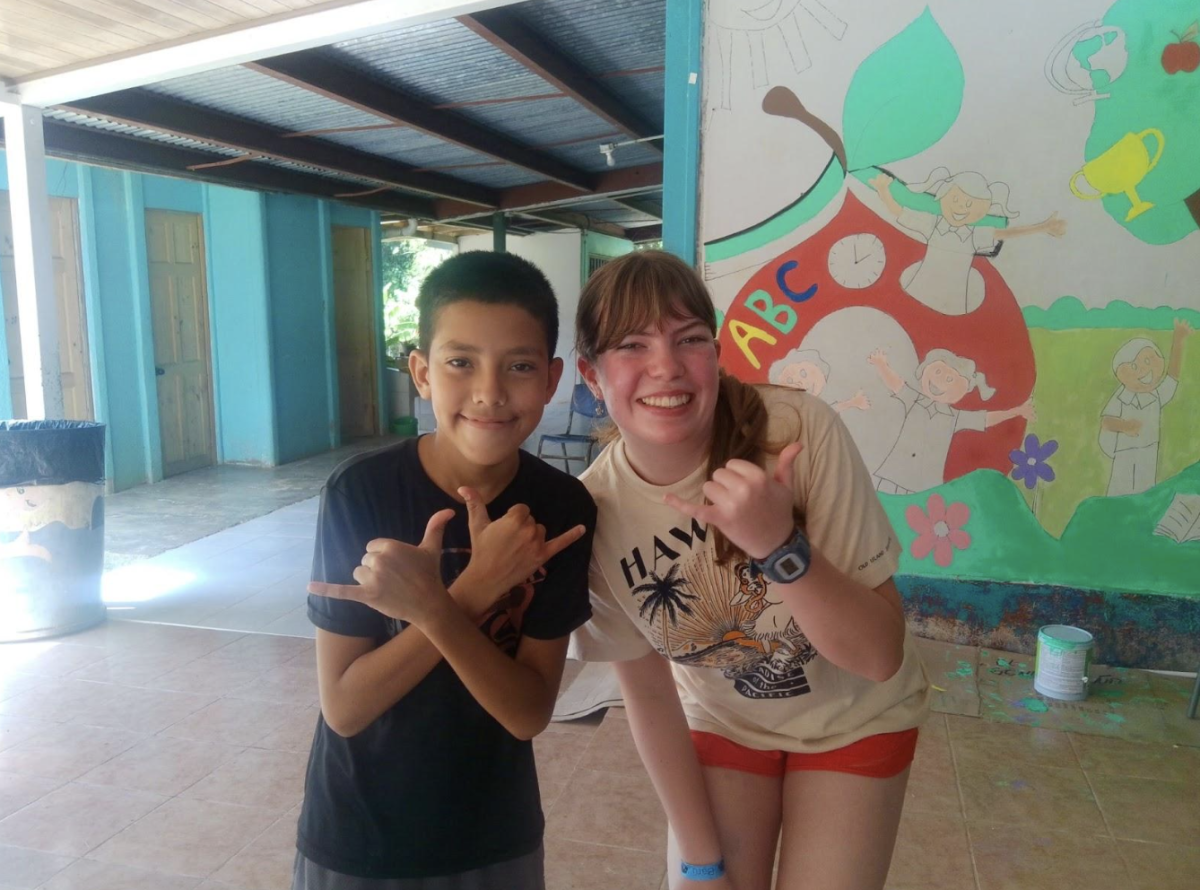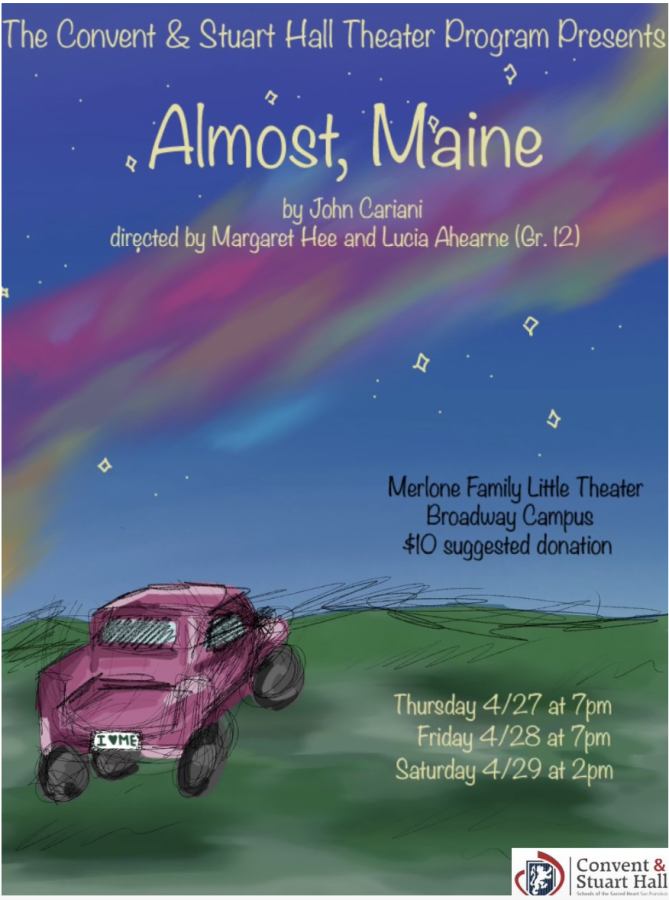Ina Herlihy
Editor-in-Chief
Kathy Lord spiked the punch bowl in eighth grade and attended the football after-parties serving alcohol sophomore year with her friends.
“It was cool to be in with the in crowd,” said Lord.
Forty percent of high school sophomores have admitted to drinking within the past month, according to American Academy of Pediatrics.
“I graduated [high school] at 17,” said Lord who is a recovering alcoholic. “In November of my senior year I had enough credits to graduate, but my mother said I was too young. I only had three classes my whole senior year, so I had a lot of free time. I started meeting friends that were a lot older than me.”
Contrary to the myth teenage alcohol abuse is more common in the cities, Lord, a Pleasanton native, had access to as much as she wanted.
“Alcohol and drugs have no barriers,” said Lord. “If you want it, you are going to get it. We had to ride our bikes for miles, but we still got what we wanted.”
Lord said she realized she needed to stop drinking when she was taken to the hospital after poisoning herself with alcohol and a priest was called to administer “last rites.”
“I had been throwing up blood for 24 hours and could not stop,” said Lord. “The doctor said if I had not been brought in within one hour I would have been dead.” Lord had several transfusions to replace her blood levels.
Lord’s first step to recovery was finding a different group of friends.
“You can’t go back to the same friends, because those were the friends you used to drink with,” said Lord. “I had to change my friends that I had known for 30 years. I could not see them anymore because it was not healthy for me, even though I still loved them.”
Women cannot handle the same amount of alcohol as men because women’s bodies store less water, according to the National Institute on Alcohol Abuse and Alcoholism of the National Institutes of Health. Women have a higher concentration of alcohol in their bodies when they drink the same amount as men.
“I couldn’t tolerate it, but I could not just recognize the fact,” said Lord. “If your friends can see it, a real friend would have said stop.”
In Lord’s case, no one intervened in her alcoholism.
“Had I been talked to as a teenager, I wouldn’t have made the same mistakes at 40 as if they caught me at 20, or 19, or 18, or 17, or 16,” said Lord. “Those are when I had the red flags, and no one said anything. I was coming home past curfew, and I started telling stories that weren’t true to hang out longer with my friends.”
The consequences of Lord’s 35 years of drinking included totaling five cars, receiving two DUIs, losing her job, house, health and losing custody of her son.
“I was just very blessed that I never hurt anybody, but my chances of hurting someone were one in one every time I went out,” said Lord. “God is on my side that I never hurt anyone but myself.”
Lord admits she inherently hurt her family, because they witnessed her deterioration.
“[My son] had to go through all the turmoil of me trying to get sober,” said Lord. “It affected his learning, his self esteem and how he felt about himself.”
Children of alcoholics have a higher probability of failing school, anxiety, depression, abuse and negligence due to the parent’s drinking, according to the National Association for Children of Alcoholics.
“Now that I am sober [my son] can see that when you make a mistake you can rebuild your life. You don’t have to stay broken, you can rebuild your life and make things better.”
Lord’s advice comes from reconstructing her life.
“I have gained my self-respect back, which is the most important,” said Lord. “When you can have self-respect, it doesn’t matter what other people think.”
In her first job after becoming sober, Lord was awarded Paratransit Driver of the Year 2003 from Muni.
“It was quite the honor after getting my license revoked and showing that I could gain my way back,” said Lord. “These are all fixable errors.”
Lord says she refrains from all types of temptation to avoid relapsing, including avoiding the alcohol aisles at the grocery store.
“I forget eggs and milk because the eggs are right next to the beer isle, and the milk is right next to the cheese and wine,” said Lord.
Lord has been working as an administrative assistant at Walden House, a non-profit substance abuse center, for over a year.
“I hope that my experience can help others to ask for help, to recognize when someone needs help and where you can get help,” said a Lord. “It helps keep me healthy, and it reminds me of where I used to be. It’s okay if you make mistake. It can be fixed, and then you can start over.”



